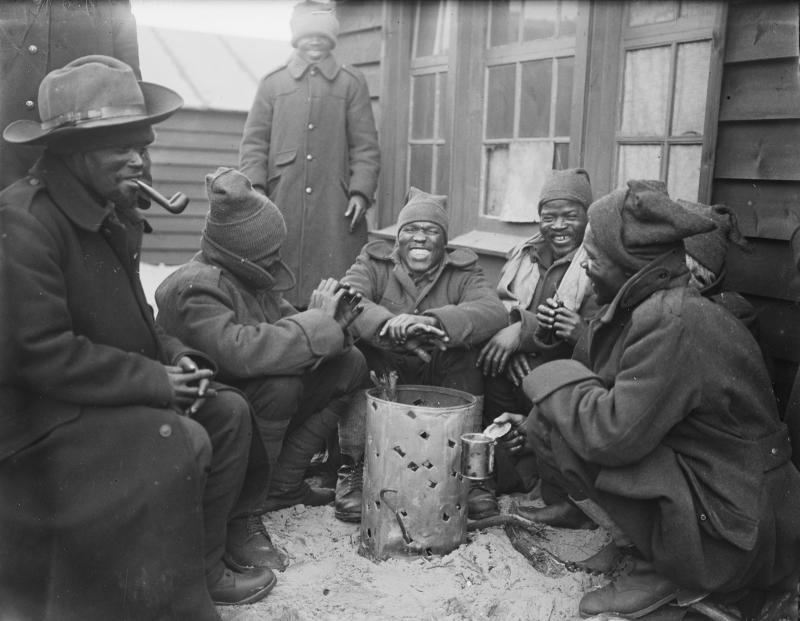×
The Standard e-Paper
Stay Informed, Even Offline

Why should I distract you from Covid-19 to write about a man you have never heard about? Just wait.
Zachary Mburu Mwikonyi was buried on April 22, 2020 in Shamata, Nyandarua County. His national ID showed he was born in 1926. In an interview in 2017, he gave his date of birth as 1922. His eulogy gave the date as 1918.